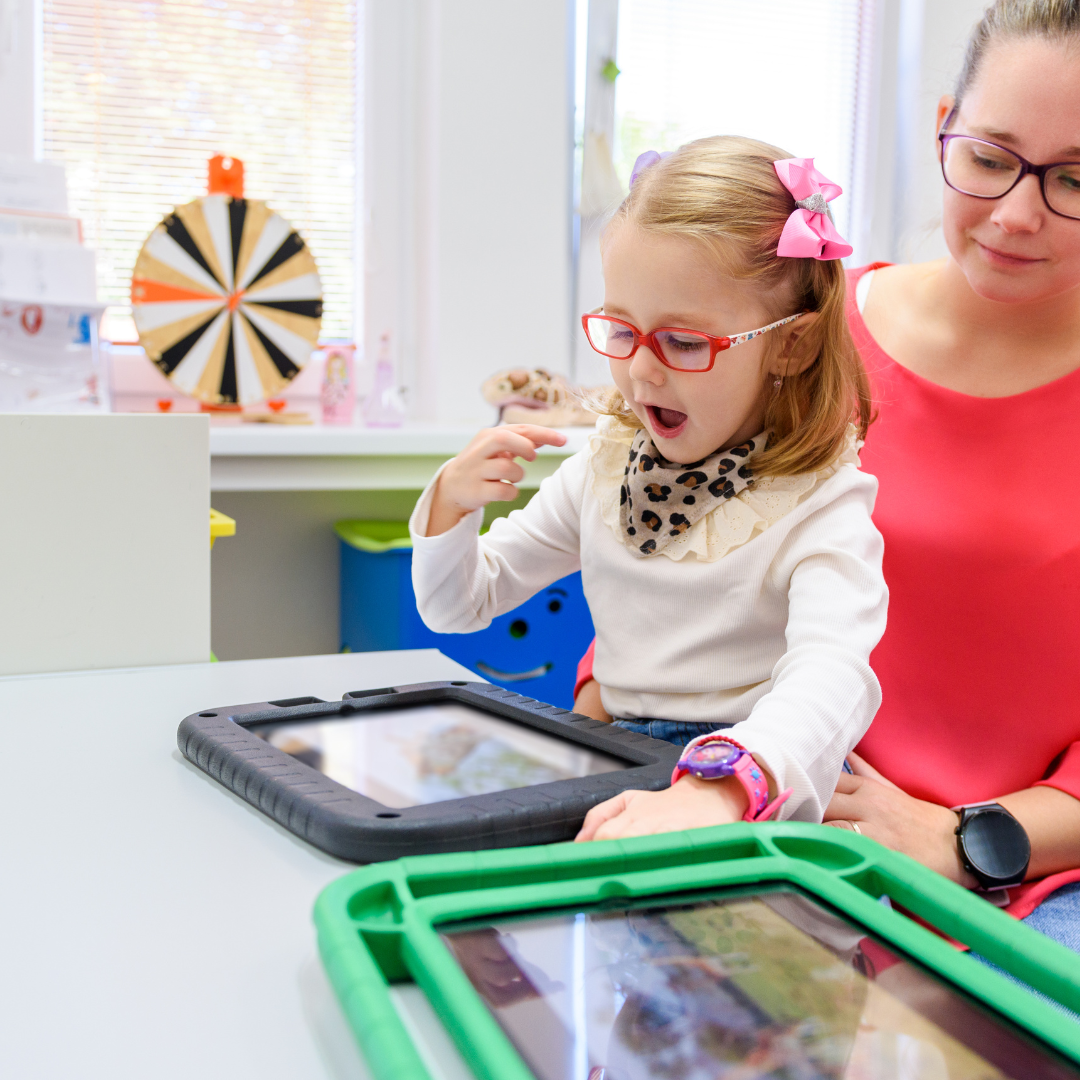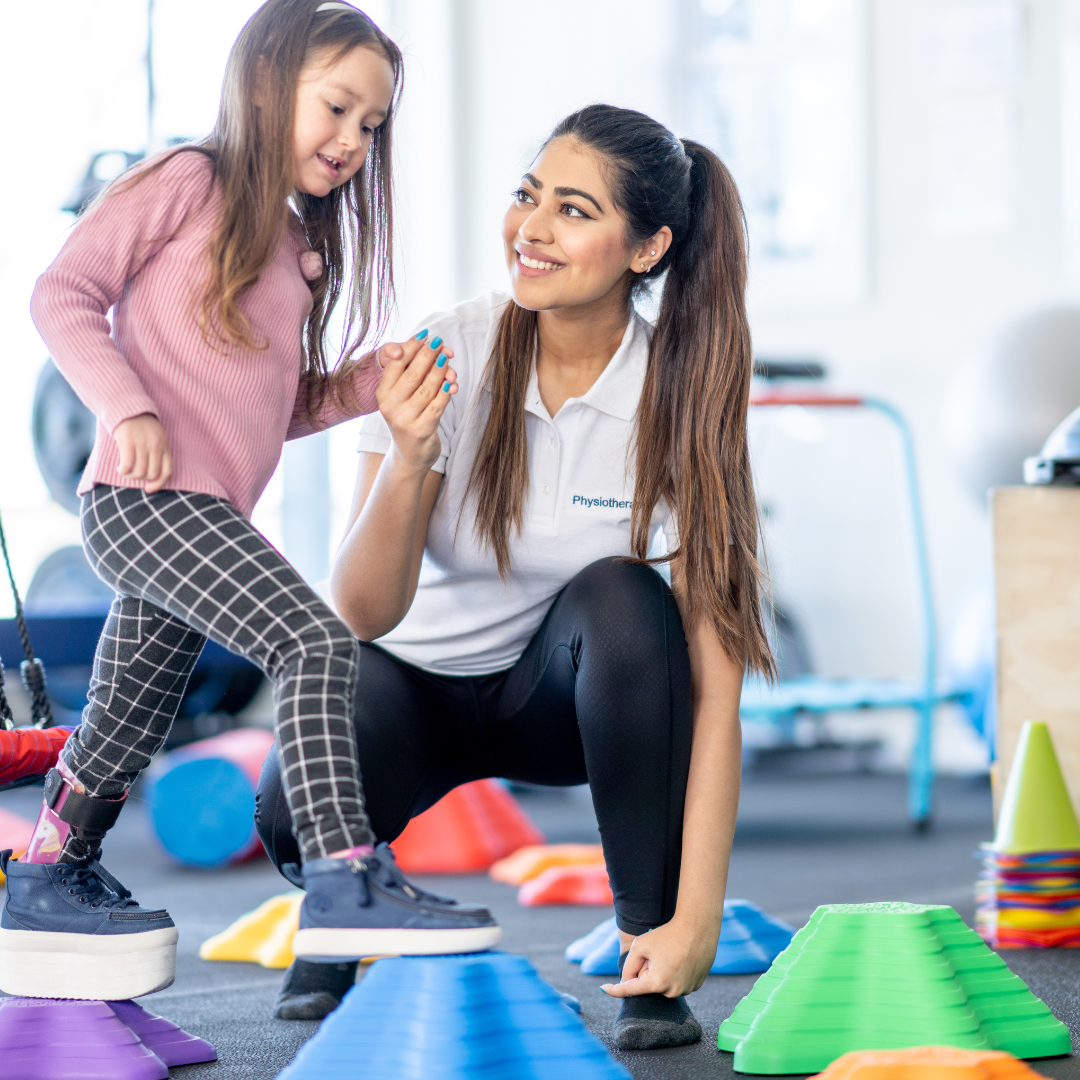Self-Regulation
What is Self-Regulation?
Self regulation is your ability to adjust and control your energy level, emotions, behaviors, and attention despite environmental demands. A child requires this skill during tasks such as calming down after being upset, adapting to changes in their routine, following directions and attending to tasks, or having patience and perseverance when a task is challenging. It is typical for a 2 year old to have tantrums, but if your child is school-aged and continues with frequent meltdowns or tantrums, they may need help with regulating their sensory processing and emotions.
Self-Regulation is a Skill that is Developed
As adults, we utilize our self-regulation skills throughout our entire day. When we are feeling tired, we may get a drink of cold water. When we get anxious, we may try to do some yoga. When we’re getting frustrated we may take a deep breath. This skill takes a great deal of self-awareness, which can be a challenging skill for a young child to develop. There are several foundational skills that are needed to build good self-regulation including but not limited to sensory processing, emotional regulation, attention, executive functioning, social skills.
Strategies to Improve Self-Regulation
Below is a short list of tips that may help a child improve self-regulation skills:
- Be Mindful of Environmental Changes. There are many things that we do not have direct control of in our environment, but there are some things we can control that may decrease irritability including: decreasing distractions, adjusting the lighting, or providing movement breaks can all be modified to help regulate arousal level in a child
- Scaffolding or breaking up a challenging task into smaller, more manageable parts is often helpful. When scaffolding, slowly add more steps as the child is successful with the previous step
- Social stories can be used to teach kids appropriate self-regulation skills. Read a book, tell a story, or listen to someone else's story of a related situation!
- Encouraging problem solving to help children learn how to develop a “plan b” when things don’t go as expected
- Role-playing and modeling what appropriate self-regulation looks like
- Visual schedules or timers to assist with adapting to changes and transitions
- Mindfulness and breathing techniques such as blowing bubbles, whistles, counting to five, etc.
If your child is experiencing challenges with self-regulation, seeking medical assistance, such as an occupational therapy evaluation can be beneficial to determine the source of the experienced challenges and develop a plan to assist your child in developing self-awareness and self-regulation strategies to use at home, school and within the community.
Thank you to Ms. Amy Abe, occupational therapist and member of PMC's pediatric occupational therapy team, for sharing her knowledge of self-regulation in children! Your tips are also so helpful! In case you missed it, we wanted to share with you Ms. Amy's video from earlier this year that includes strategies for virtual learning success (and strategies to stay focused while seated!) Watch the video HERE!









